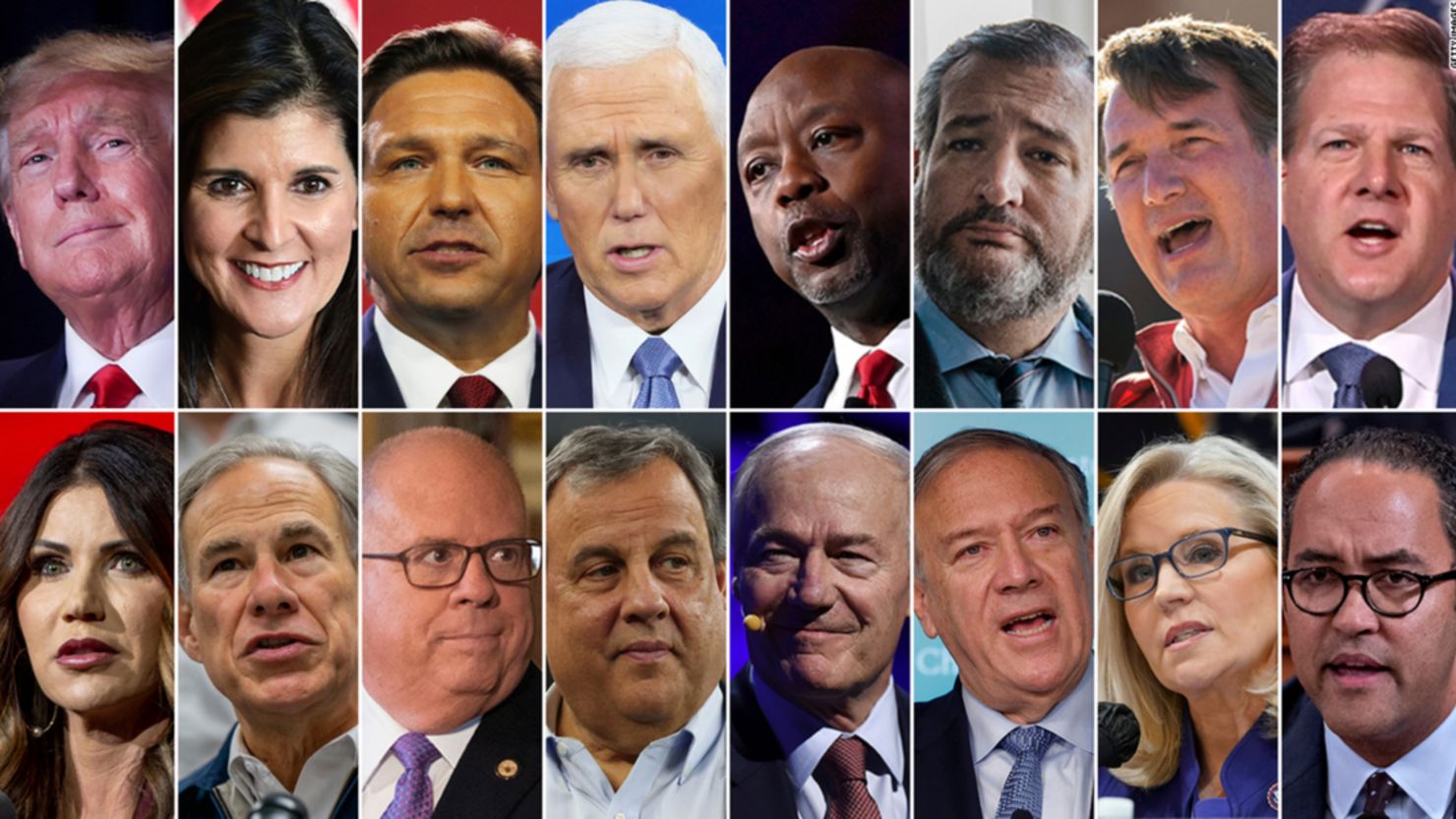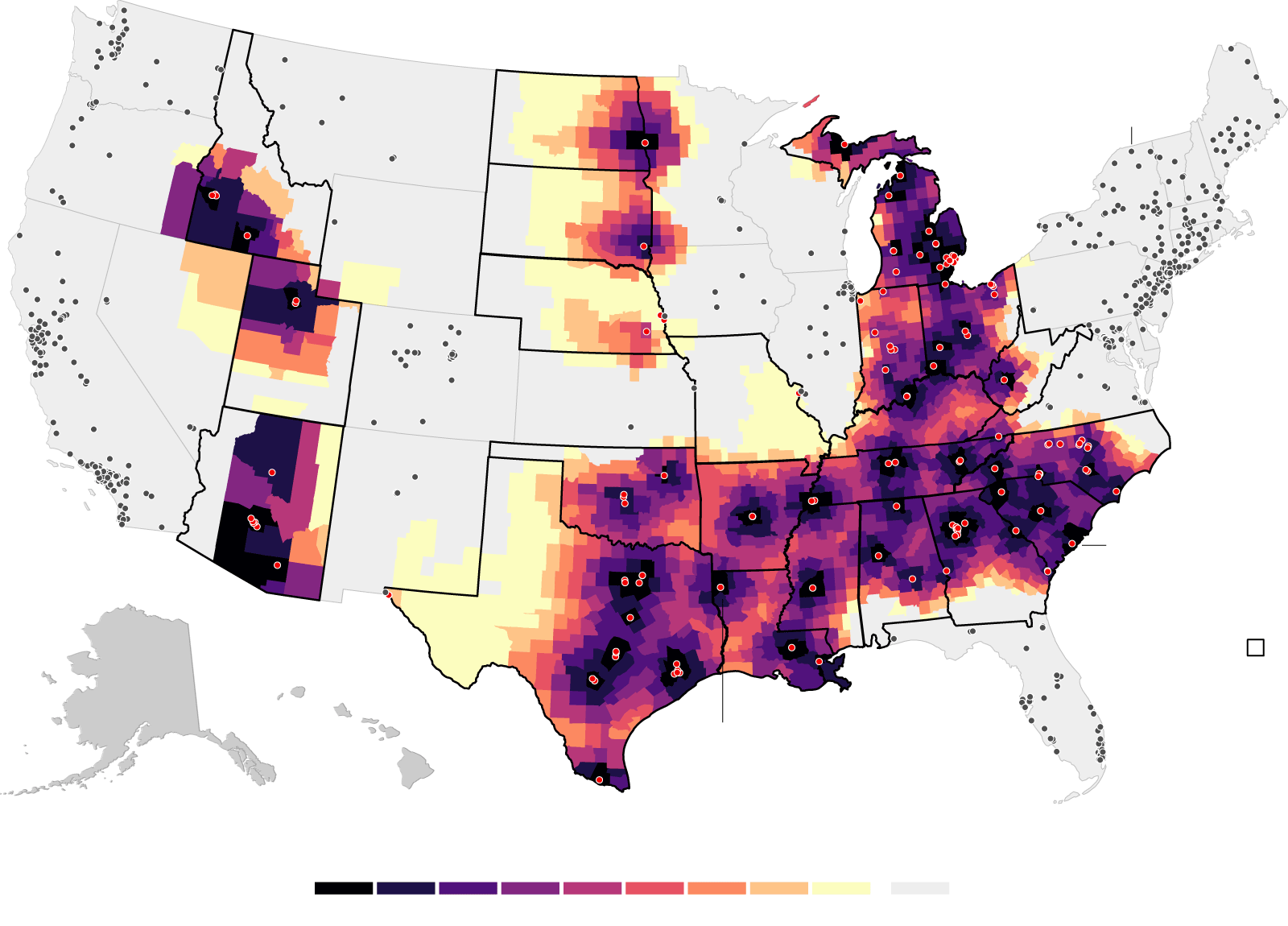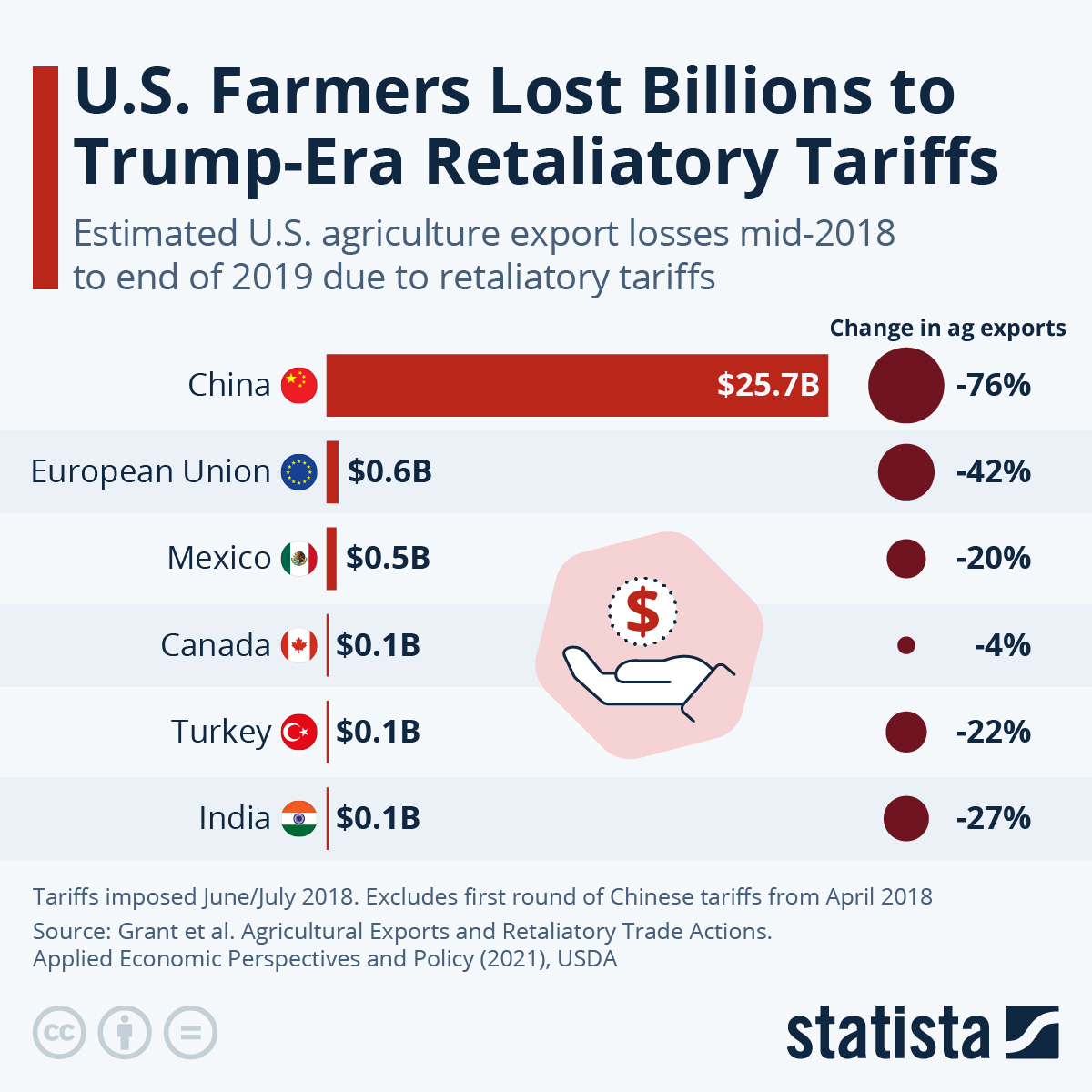Hollywood Strike: Actors Join Writers, Bringing Industry To A Standstill

Table of Contents
The Writers' Concerns
The Writers Guild of America (WGA) strike, which predates the actors' strike, centers on several key issues threatening the livelihood and creative freedom of writers.
Fair Wages and Residuals in the Streaming Era
The rise of streaming platforms like Netflix, Disney+, and HBO Max has drastically altered the compensation models for writers. Traditional residuals, once a significant source of income derived from reruns and syndication, have been significantly reduced in the streaming landscape.
- Reduced Residuals: Streaming deals often offer upfront payments, but lack the long-tail revenue sharing that network television provided, leaving writers with significantly less income over time.
- Shrinking Per-Episode Fees: The increasing demand for streaming content has also pressured down per-episode fees for many writers.
- The WGA's Demand: The WGA is demanding fairer compensation structures that reflect the value of their work in the streaming era, including a more equitable share of profits from streaming platforms.
The Threat of AI
The increasing use of artificial intelligence (AI) in scriptwriting is another major concern for the WGA.
- AI as a Replacement: Concerns exist that AI could be used to replace writers entirely, undermining their professional roles and creative contributions.
- Exploitation of Creative Work: The WGA worries about the potential for studios to use AI to generate scripts based on existing works, exploiting the intellectual property of writers without proper compensation.
- The WGA's Safeguards: The union seeks to establish clear guidelines and safeguards to protect writers from AI-driven job displacement and to ensure that their work is not unfairly exploited by AI technology. They're pushing for regulations on AI's use in script creation.
Actors Join the Fight: SAG-AFTRA's Grievances
The SAG-AFTRA strike, joining forces with the WGA, amplifies the concerns about the changing landscape of the entertainment industry and adds its own critical issues.
Fair Compensation and Residuals for Streaming
Similar to writers, actors are fighting for fairer compensation in the streaming landscape, where residuals are often significantly lower than in traditional television.
- Reduced Residuals for Streaming: The shift to streaming has dramatically decreased the amount actors earn from reruns and syndication.
- AI-Generated Performances: The use of AI to create digital replicas of actors' performances is a major concern for SAG-AFTRA, raising issues of consent and potential job displacement.
- SAG-AFTRA's Advocacy: The union is advocating for regulations to protect actors' likeness and prevent their exploitation through AI technology, ensuring fair compensation for the use of their digital likenesses.
Self-Taping and Working Conditions
The increase in self-taping auditions and other changes in working conditions have also raised concerns for actors.
- Equity and Access in Self-Taping: The shift to self-taping auditions has raised concerns about equity and access for actors who may lack the resources or technical skills needed for high-quality self-tapes.
- Working Conditions: SAG-AFTRA's strike also addresses concerns about long working hours, lack of rest periods, and the overall treatment of actors on set.
- Fair Treatment Across the Board: The union is seeking to address these issues and ensure fair treatment for actors across the board, regardless of their experience or prominence.
The Impact of the Double Strike
The combined strike by writers and actors is having a far-reaching impact on the entertainment industry.
Production Delays and Cancellations
The strike has led to numerous production delays and cancellations, impacting the release schedules of countless films and television shows.
- Major Projects on Hold: Major film and television projects are on hold, creating a ripple effect across the entire industry, from studio lots to post-production houses.
- Post-Production Delays: Even post-production work on many projects is affected due to SAG-AFTRA's involvement in dubbing, voiceover work, and other post-production tasks.
- Impact on Release Schedules: The ongoing strike significantly impacts release dates for numerous upcoming movies and television series.
Economic Consequences for the Industry
The strike is causing significant economic losses for studios, production companies, and related businesses.
- Job Losses for Crew and Support Staff: Thousands of crew members, support staff, and other industry professionals are out of work due to the production standstill.
- Ripple Effects on Related Industries: The economic impact extends beyond the film and television industry, affecting hotels, restaurants, and other businesses that rely on the film industry's economic activity.
- Long-Term Financial Implications: The prolonged nature of the strike carries substantial long-term financial consequences for the entire entertainment ecosystem.
Conclusion
The Hollywood strike, encompassing both the writers' and actors' strikes, represents a critical turning point in the entertainment industry. The core issues – fair wages, residuals in the streaming era, and the ethical implications of AI – highlight the need for substantial changes in how creative professionals are compensated and protected. The prolonged standstill underscores the serious concerns of both the WGA and SAG-AFTRA. The impact on production schedules, the economy, and the future of entertainment is significant. To stay informed on the developments of this historic Hollywood strike, continue to follow reputable news sources and industry publications. Understanding the complexities of this situation is crucial for anyone invested in the future of the film and television industry. The resolution of this actors strike and writers strike will significantly impact the landscape of entertainment for years to come.

Featured Posts
-
 The Chinese Automotive Market Case Studies Of Bmw Porsche And Emerging Challenges
Apr 25, 2025
The Chinese Automotive Market Case Studies Of Bmw Porsche And Emerging Challenges
Apr 25, 2025 -
 Montana Senate Control Democrats And Republicans Face Off
Apr 25, 2025
Montana Senate Control Democrats And Republicans Face Off
Apr 25, 2025 -
 Over The Counter Birth Control Implications For Reproductive Freedom After Roe V Wade
Apr 25, 2025
Over The Counter Birth Control Implications For Reproductive Freedom After Roe V Wade
Apr 25, 2025 -
 Renaults Us Sports Car Project A Casualty Of Trumps Tariffs
Apr 25, 2025
Renaults Us Sports Car Project A Casualty Of Trumps Tariffs
Apr 25, 2025 -
 Last Chance To Stream Jack O Connells Powerful Drama On Amazon Prime
Apr 25, 2025
Last Chance To Stream Jack O Connells Powerful Drama On Amazon Prime
Apr 25, 2025
